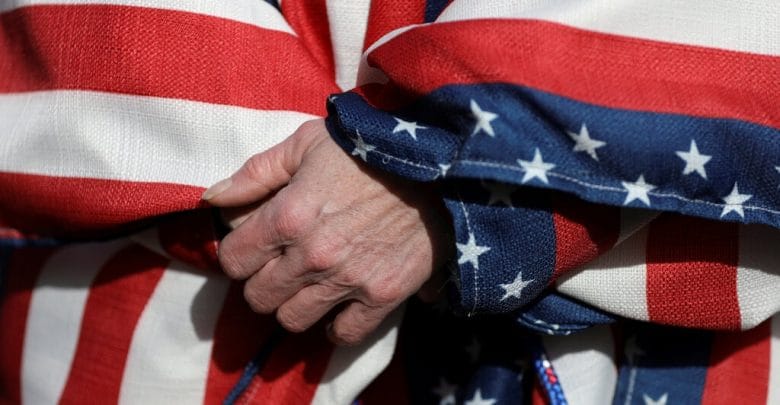It wasn’t so long ago that disenfranchised Blacks and activist Whites were beaten and killed for attempting to secure the right to vote.
Among the better-known victims were civil rights workers James Chaney, Andrew Goodman and Michael Schwerner, three young men who were abducted, shot at close range and buried in an earthen Mississippi dam on June 21, 1964. Part of the Freedom Summer, the three had hoped to register Black voters and educate them so they could pass the literacy tests required to vote.
This incident was but one of many leading up to the Civil Rights Act of 1964, but is illustrative of how bloody and hard-won the right to vote was. We’ve come a long way, as they say, but some people are still determined to make voting more, not less, difficult. Georgia’s recent 98-page voting reform legislation, signed into law on March 25 by Republican Gov. Brian Kemp, is a case in point. These red-clay legislators don’t require a literacy test, but they’ve created a host of new regulations that potentially make voting more difficult for minorities.
Contrary to President Biden’s claims that voting hours have been reduced, they’ve actually been expanded, a misstatement that earned the president
four Pinocchios from Post fact-checker Glenn Kessler. It’s likely that Biden was briefed on one of 25 early versions of the bill, Kessler pointed out, but the misunderstanding gained traction when other provisions are more deserving of scrutiny.
Among
those that will add to greater inconvenience: Absentee ballots are more difficult to obtain; drop boxes for mail ballots will become nearly nonexistent; photo-ID requirements are potentially prohibitive; Sunday voting hours are now left to local election boards to regulate (though Saturdays are expanded); and food and water can’t be offered to people standing in line waiting to vote.
While Republicans insist their efforts are aimed at enhancing voting “integrity,” they’re operating under the false premise, otherwise known as the Big Lie — that President Donald Trump lost the 2020 election because of massive election fraud. Although this is provably false, Republicans are bent on keeping Trump’s myth alive.
Why the rush to restrict the right to vote? In a word: midterms. They’re around the corner, and Republicans hope to flip one of the two Senate seats from Georgia that they lost in the January runoff. Sen
. Raphael G. Warnock, a Democrat from Atlanta, is up for reelection,
most likely against his former opponent, Kelly Loeffler, who is already busy registering and mobilizing Republicans. Her “Greater Georgia”
counterpoint to Democrats’
“Fair Fight” carries a rather Karen-ish whiff of intricate irony, doesn’t it? A multimillionaire White woman playing voting-rights activist to a Black preacher from the
“City Too Busy to Hate.”The new law doesn’t ban Sunday voting, but it does allow Georgia’s
159 counties to reduce or eliminate it. This is a maneuver that threatens to suppress the Black vote, but it is done in a way that allows state legislators to put the blame somewhere else.
Since at least the 1990s, African Americans have often voted together, after church on the Sunday before Election Day, for reasons of safety and solidarity. The “souls to the polls” movement may have fewer adherents in cities these days, but the tradition is still strong among many rural congregations and communities.
The provision against providing food and water (ostensibly to prevent electioneering) is just cruel. Lines are long and can take hours in some precincts of some states, in part because state and county election officials have been active in recent years
limiting the number of polling places — another backdoor way to diminish minority turnout. What are Republicans afraid of? That a Black person will receive a pamphlet with a sip of water and vote Democrat? Republicans could avert that outcome by supplying the water themselves.
Then again, they might fare better
serving Coca-Cola now that the Atlanta-based beverage giant, under threat of nationwide boycott, has condemned the new voting law as unacceptable. Other Georgia-based companies, including Delta Air Lines, have done the same. For its part, Major League Baseball announced Friday
it will move this year’s All-Star Game out of Atlanta. While Republicans may complain about these actions, boycotts are the legitimate offspring of capitalist parentage, and people sometimes vote their wallets for justice, not economics.
The KKK may be underground these days; state-sponsored terrorism is a relic of a shameful past; and some voting reforms may be needed. But Georgia’s stab is a wound to the heart and soul of a nation in recovery. They — and we — can do better, not least out of respect for those who died trying to be heard.

